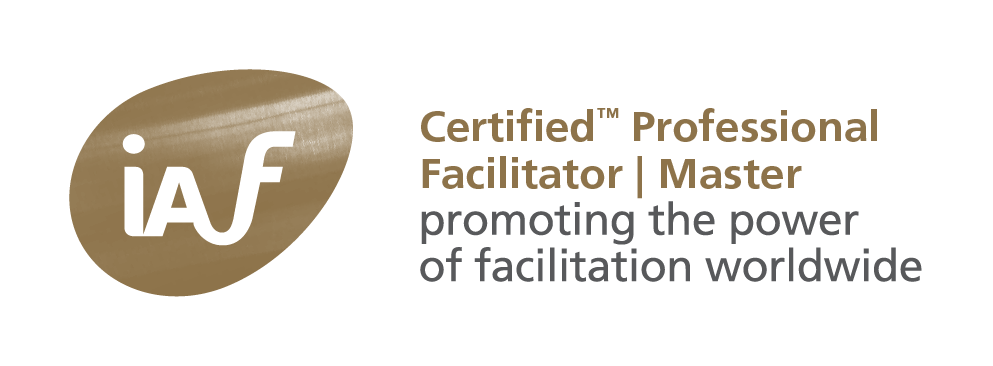 I added my thought to this question. Of course, it here we have the paradoxes of perception and expressing. I chose the latter. As an exercise: answer the question using Disclosure, Trust, Intimacy and Regression.
I added my thought to this question. Of course, it here we have the paradoxes of perception and expressing. I chose the latter. As an exercise: answer the question using Disclosure, Trust, Intimacy and Regression.
This issue is “subjective” : when are you content with a facilitator? When (s)he agrees with you or when (s)he solves a situation?
Facilitating deals with issues of authority, dependency, creativity and courage (also known as the paradoxes of expressing or speaking). On the surface, it makes sense to have somebody with knowledge in the field (==> authority), somebody whom you can depend upon, being able to create feasible solutions and have the courage to take a position. This looks normal, safe, reliable and trustworthy. So when your issue is about content, please engage a contentable (is this English?) facilitator. But in most cases, the experts have already solved the contentable problems and are stuck in “more of the same”.
The problem is, it is not all CONTENT related, as most issues are not about content, but about RELATIONSHIPS. Expertise can be used to hide incompetence, insecurity, defensiveness and resistance to change. When used to mask social and emotional inadequacies – ability to give and receive feedback, knowing one self, not shifting the blame etc. – expertise becomes a hindrances. It is only logical then to require a facilitator with the same expertise, as either he or she will agree with you or – when you do not agree with him or her – you can discard him or her as having not enough expertise.
A facilitator should be able:
– to question authority (for instance, somebody may be technically competent, but managerial inadequate, Peters’ Principle),
– to remain autonomous of any of the paradigms in use (sometimes a technical argument is used to prevent talking about a hearth felt issue),
– to invent new frames of thought. giving feedback and deal with the pain of destroying old ideas and knowledge
– to have the courage to work in a field where he or she has no expert knowledge, when this is required to solve the given situation.
Facilitation is more about relationships, process, involvement, innovation (through breaking the rules) and less about content.
In many cases, thanks to Internet, I just look up the required nomenclature of any field of expertise and take care to ask for explanations of every third term used.




